British Ambassador in Bucharest Andrew Noble said on Wednesday that the events from 1989 to 1991 are "still alive", not part of a complete history, in the context in which some aspects are being discussed in the Romanian courts, and he specified that the fall of communism should be celebrated every day.
The British ambassador told the conference "#30YearsOfFreedom" that when thinking about how to mark the 30th anniversary of the fall of communism, they were aware of the number of factors to take into account, one related to the fact that the events of 1989 - 1991 are still alive, still not part of a complete history, with issues that are still being discussed in the Romanian courts, therefore not yet history and thus difficult to present in schools, still a controversial moment. (...) He went on to say that the UK joins in the celebration because the fall of communism was one of the things that seemed would not be achieved. There were certain things in the world in the 1960s, 1970s, 1980s and one of them was that the Berlin Wall was there forever, that the Soviet Union was there forever and that those political-economic constraints on aspects of life were also there forever, but there was also a desire for democracy, for social peace and for the end of the repression, and that happened in 1989, something which should still be a reason for celebration.
He stressed the importance of celebrating the fall of communism that began on December 16, 1989, in Timisoara (...). He said it is a fact to be celebrated. He also argued that Romania surprised itself, being able to (...) change the regime and this power of ordinary people should be celebrated not only every 30 years, but every year, and in fact, people should be aware of this every day and remember the importance of citizens on Romania's path, said Andrew Noble.
He presented photographs from his personal collection taken between 1983 and 1986 in Bucharest. The British ambassador said how Communist Romania was for him.
He arrived on December 16, 1983. As winter is not the best time to have the most positive impressions anywhere, his first impressions here were not very positive. (...) The dominant feeling was not related to the lack of food - there was no food in the shops - it was not the poor infrastructure, (...) but the idea of threat. (...) For everybody there was that fear in relation to anything people did without being allowed to think. The worst thing in communist Romania was what was exerted on people and on the interaction between them, the British ambassador explained, adding that since his arrival in Romania he had the first normal conversation with a Romanian in 1986, as he was suspicious for being "a target" for the Securitate (communist secret police - ed.n.).
Among the photos presented was one that showed the move of the church Mihai Bravu for the construction of the People's House (currently the Palace of the Parliament - ed.n.).
Representatives of 32 schools from Romania were present at the event. Some schools presented short films about the 1989 Revolution.
Attending the event organized by the Embassy of the United Kingdom of Great Britain and Northern Ireland in Romania, the British Council and the Faculty of History of the University of Bucharest, were film critic Irina Margareta Nistor, university professor Bogdan Murgescu, and director of the Bucharest National Theater Ion Caramitru.
Ambassador Andrew Noble: 1989, not yet history, fall of communism must be celebrated
Explorează subiectul
Articole Similare

9
Figures from real economy show for two years we not well (professor Cristian Paun)
9

9
FEATURE STORY/Daniel Castle in Talisoara features murals of local aristocratic life, similar to today's social-network style
9

7
International Master's programme Inclusion Studies launched by Stefan cel Mare University, two European universities
7

5
Bucharest Stock Exchange closes lower Friday's trading session
5

6
Foreign Minister Toiu: NATO remains committed to strengthening deterrence and defence on Eastern Flank
6

7
PNL vice-president Ciucu criticises political class for blocking necessary reforms
7

7
PM Bolojan: The president has supported Govt's initiatives on all fundamental issues
7

6
PM says Constitutional Court's postponement of ruling on magistrates' pension bill is harmful to public opinion
6

6
Bolojan: Merger of localities in Romania is very difficult to regulate
6

12
RoPower Nuclear CEO: SMR Doicesti positions Romania as leader in next-generation nuclear technology
12

3
PM Bolojan: New Gov't will follow if the current one can no longer act or loses support
3
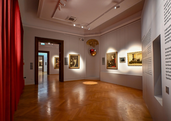
5
Constanta Museum showcases 'Eros the Archer' as exhibit of this month
5

11
Bucur shares to be traded on main market of Bucharest Stock Exchange
11

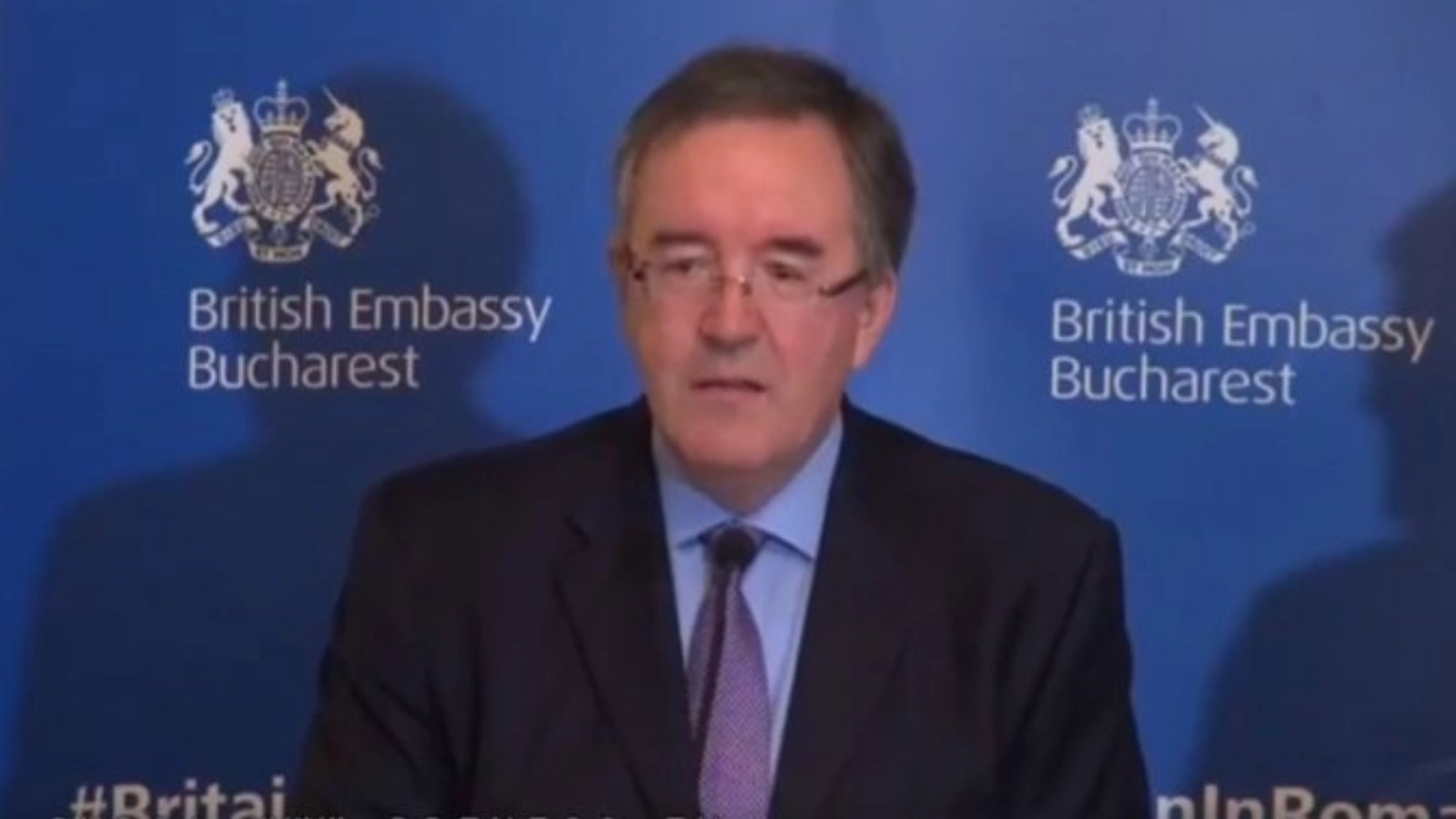

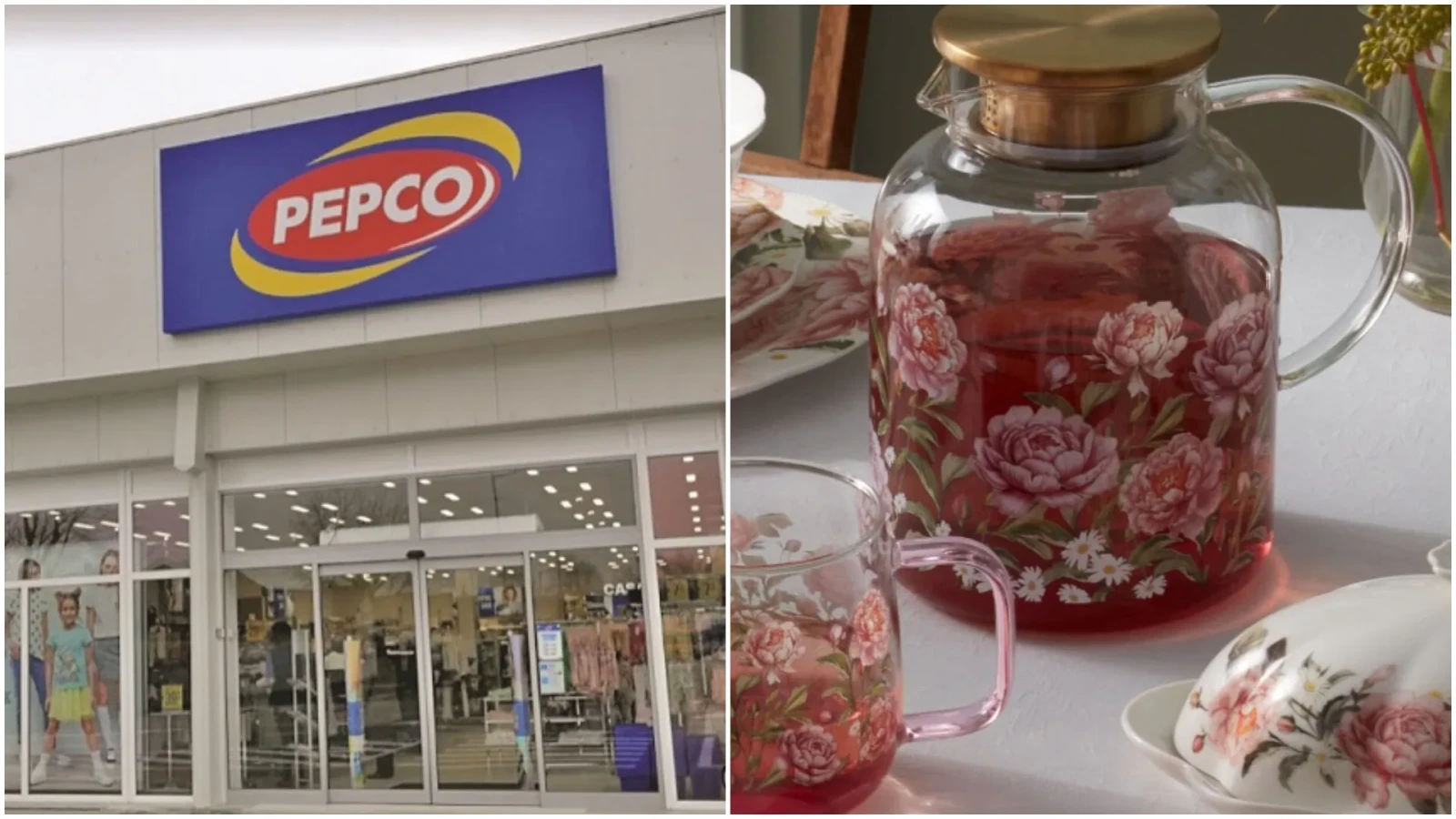



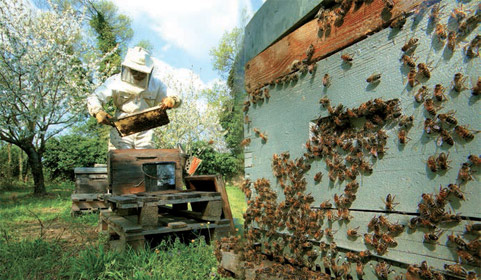
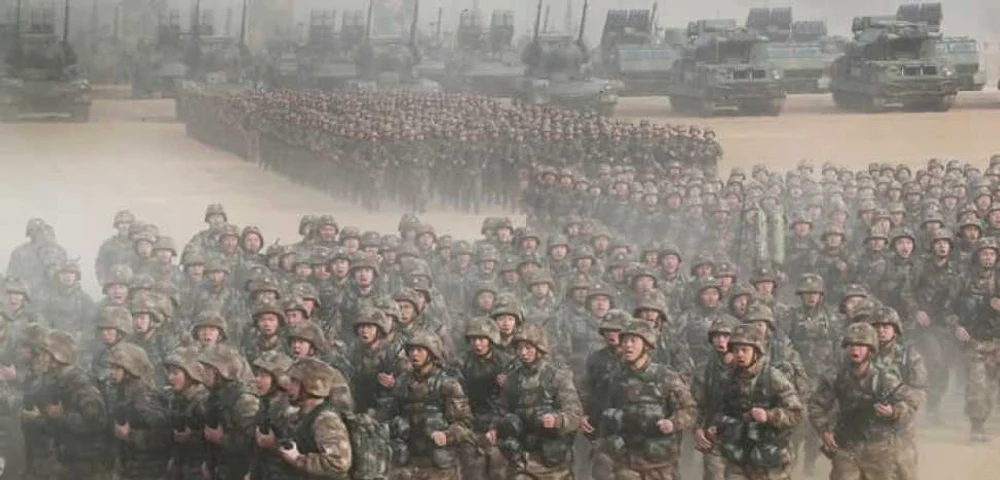

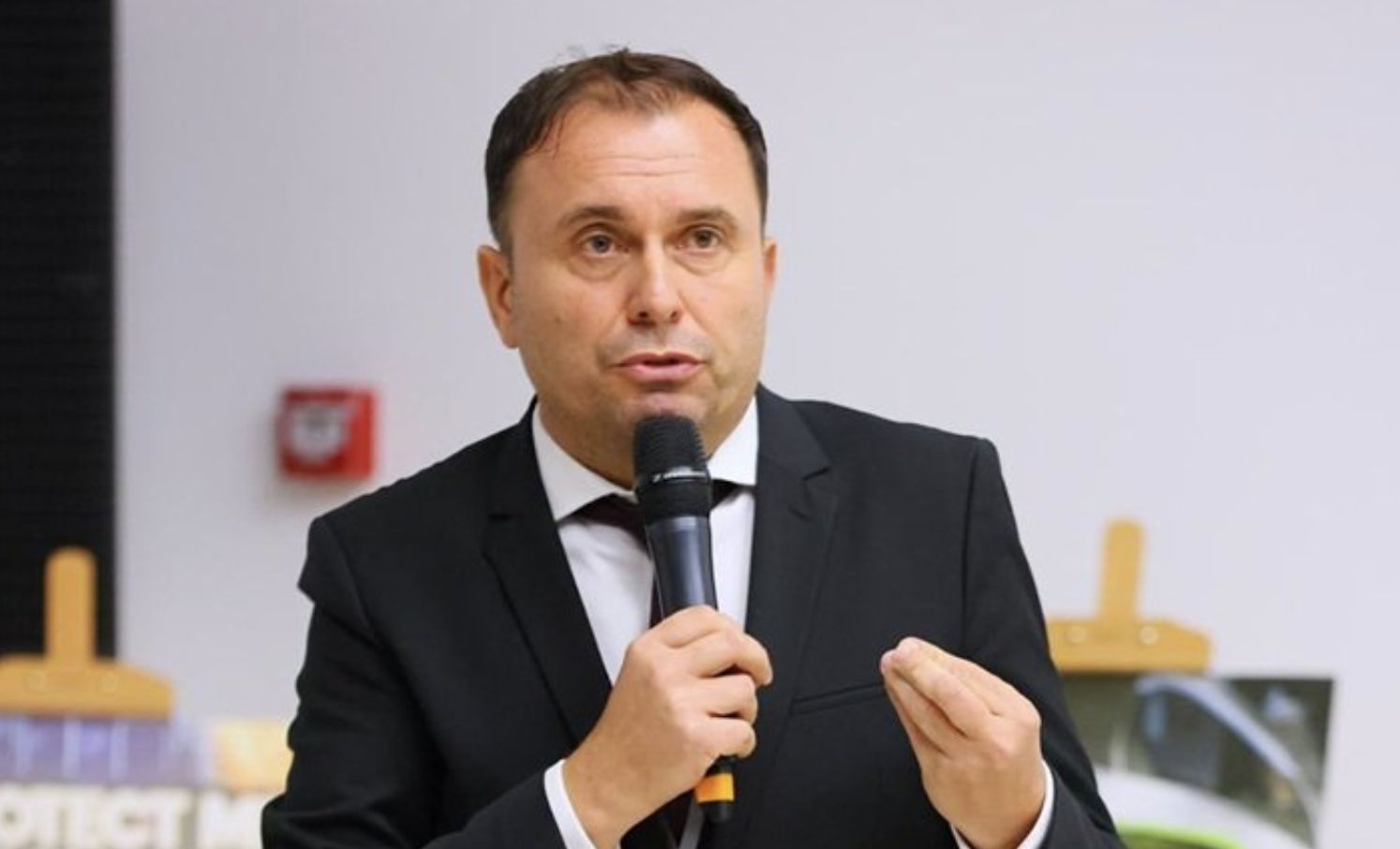
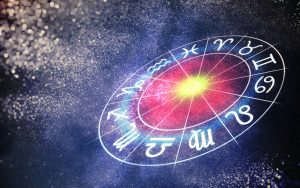
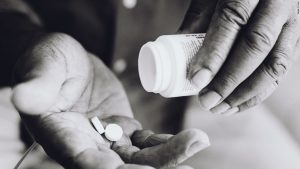






Comentează